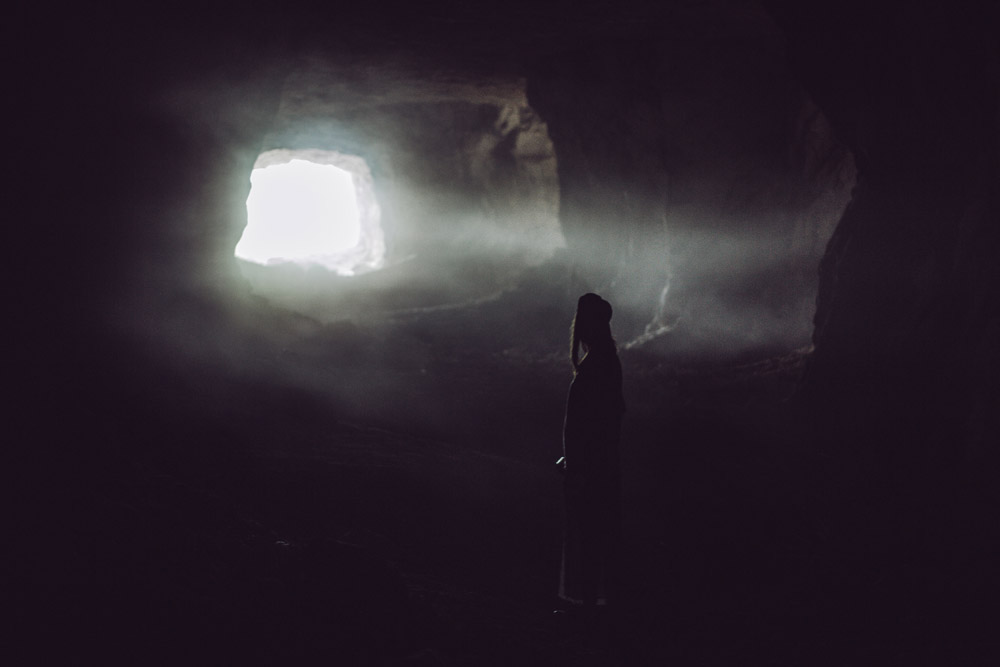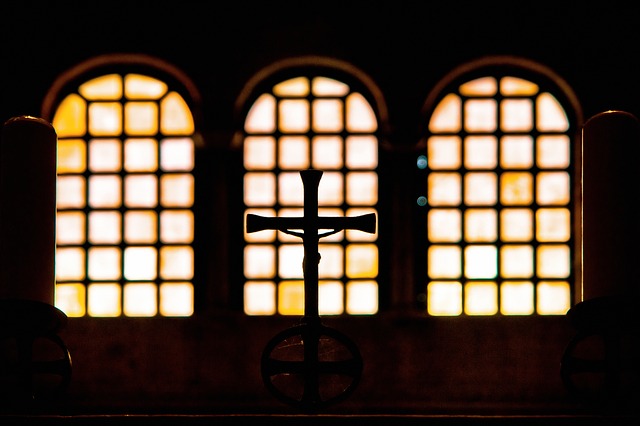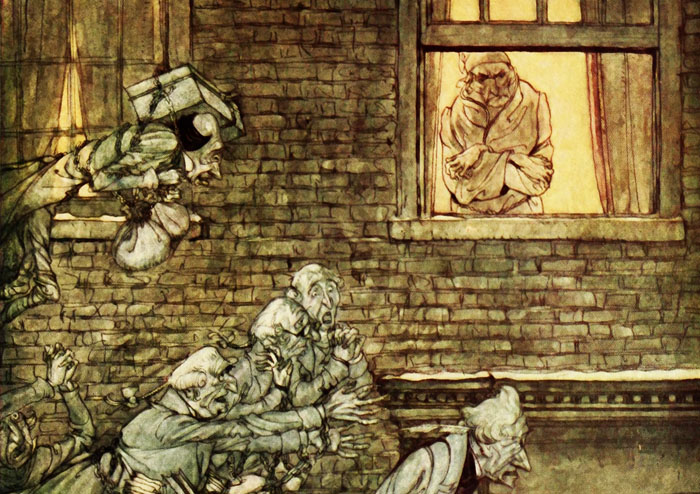Note: the following article on religion in Frankenstein is a modified excerpt (pp. 110-111) from my doctoral dissertation, “Time is Everything with Him”: The Concept of the Eternal Now in Nineteenth-Century Gothic, which is available for free from the repository of the Tampere University Press. For a list of my other academic publications, presentations, etc. feel free to visit the relevant page on the main Home for Fiction website.
You can also find an article about religion in Charles Dickens’s A Christmas Carol and another about religion on Bram Stoker’s Dracula.
Religion in Frankenstein: A Secular or Religious World?
In the context of Frankenstein, a story replete with moral dilemmas and dichotomies based on otherness, it is perhaps not surprising to discover a multitude of religiously charged temporal dichotomies.
Punter and Byron argue that Victor, although a modern Prometheus (as the subtitle of the novel underlines), lives in “a notably secular world with no gods against whom to rebel, and … his search is conceived of in scientific terms” (2004, 199).


